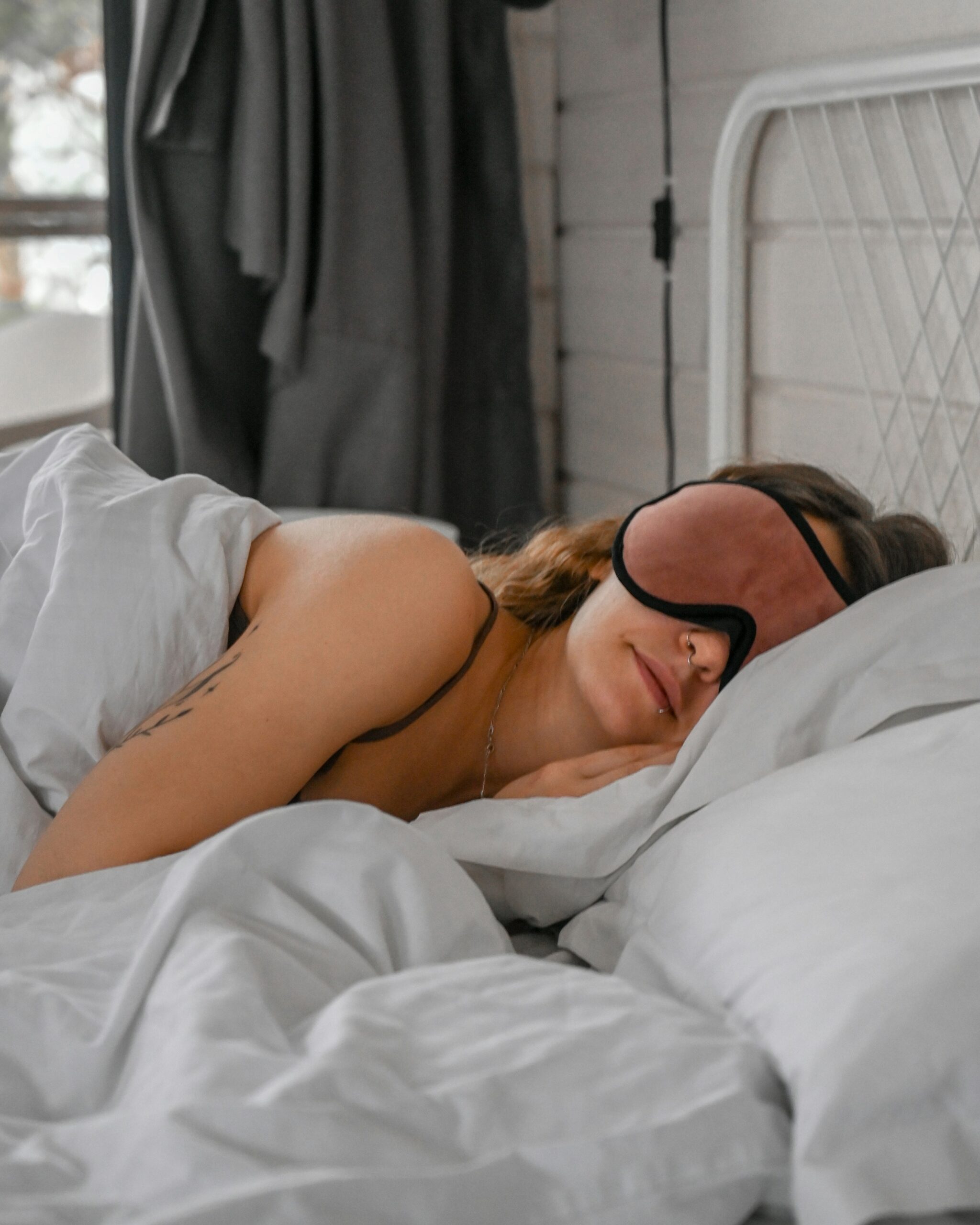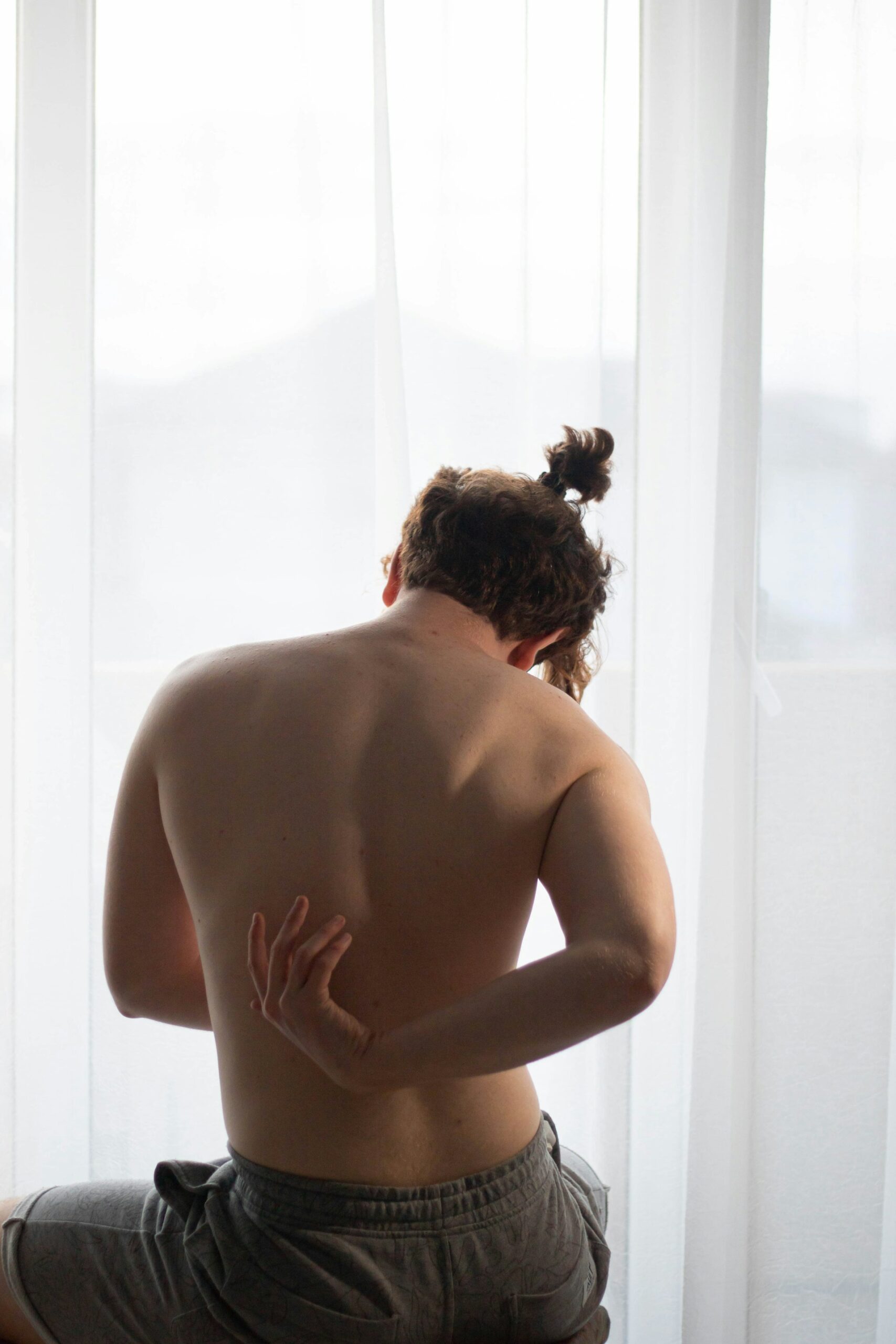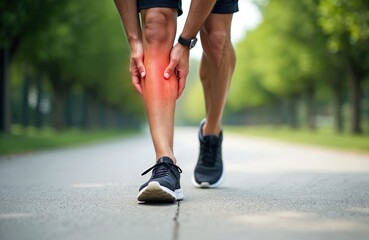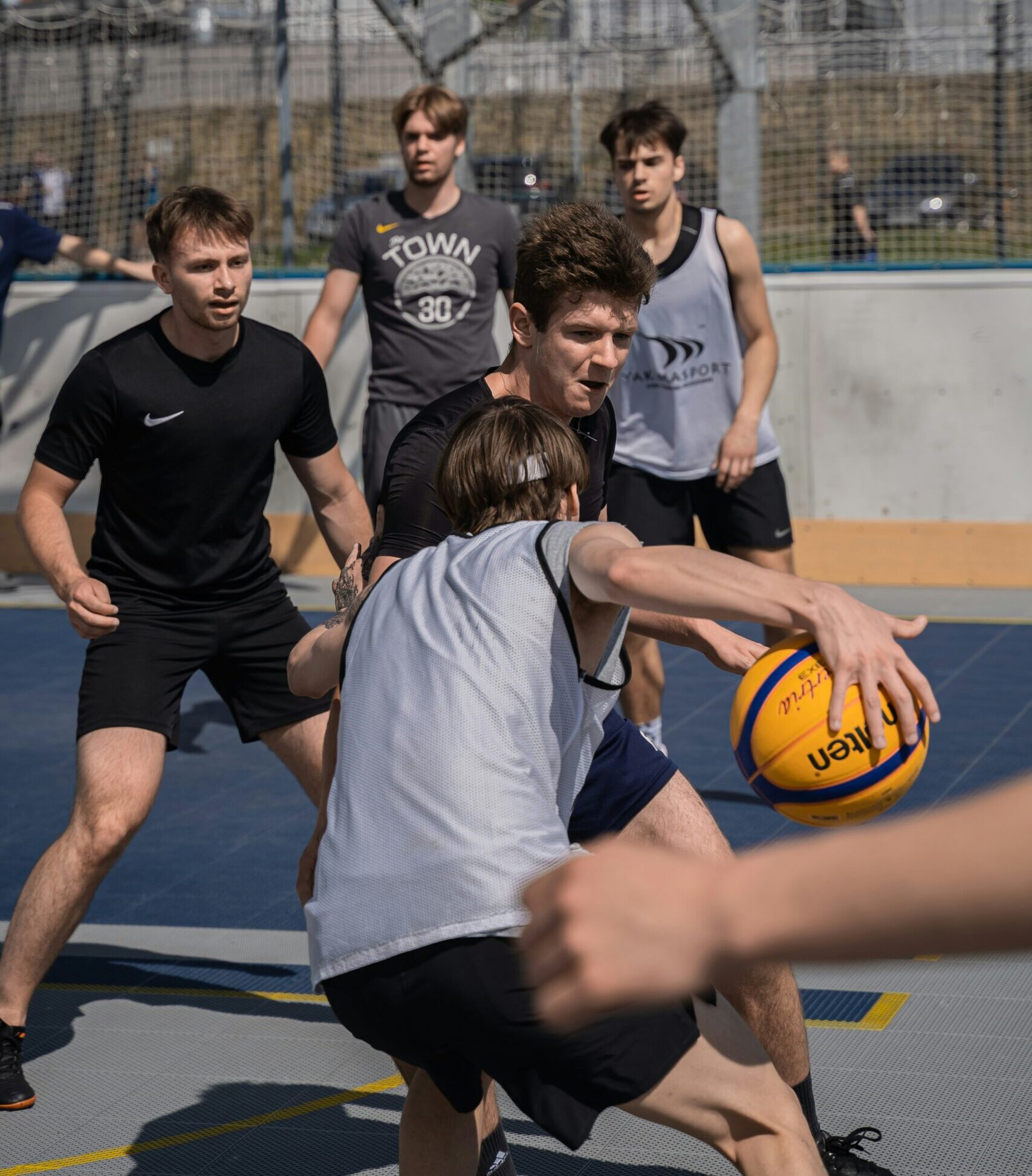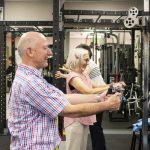
Exercise and Rheumatoid Arthritis
Rheumatoid Arthritis (RA) can make movement feel difficult especially on days when joint pain, stiffness, and fatigue are at their worst. However, contrary to what many believe, regular, appropriate exercise is one of the most powerful tools for managing RA and protecting long-term joint health.
We work with clients living with RA every day, helping them move safely and confidently through personalised exercise programs. In this blog, we explore how exercise and rheumatoid arthritis can reduce inflammation, improve joint function, and support your overall wellbeing.
The Science Behind RA and Inflammation
RA is an autoimmune disease that causes your immune system to mistakenly attack healthy joint tissue, resulting in chronic inflammation. This inflammation can damage cartilage, weaken muscles, and limit mobility over time.
While medications play a key role in controlling immune activity, exercise has been shown to reduce systemic inflammation naturally and when used alongside medical treatment, it can be a game-changer.
How Exercise Reduces Inflammation
Exercise affects inflammation in a number of positive ways:
-
Lowers inflammatory markers like C-reactive protein (CRP) and TNF-alpha
-
Improves circulation, helping flush out inflammatory byproducts
-
Supports weight management, reducing stress on joints
-
Boosts the immune system’s regulation, lowering overactivity
-
Reduces stress hormones, which can trigger or worsen flares
When done consistently, exercise becomes an anti-inflammatory habit—not just for joints, but for the entire body.
Key Benefits of Movement for People with RA
-
Improves Joint Mobility
Gentle, targeted movement keeps your joints lubricated and helps maintain their full range of motion. This reduces stiffness, especially in the morning or after long periods of inactivity. -
Strengthens Supportive Muscles
Strong muscles around your joints provide stability and reduce the load on inflamed or damaged areas. This can help prevent deformities and improve daily function. -
Enhances Mood and Energy
Exercise releases endorphins, improving mental wellbeing, reducing anxiety, and combating fatigue—common symptoms in people with RA. -
Boosts Cardiovascular Health
People with RA have a higher risk of heart disease. Regular aerobic activity helps lower blood pressure, reduce cholesterol, and improve heart function. -
Supports Better Sleep
Quality sleep is essential for reducing inflammation, and people who exercise regularly often sleep more soundly and feel more refreshed.
What Kind of Exercise Is Best?
For RA, the key is to balance movement with joint protection. We focus on three core types of exercise:
Aerobic Exercise: Low-impact activities like walking, cycling, swimming, and water aerobics improve heart health and stamina while being gentle on the joints.
Strength Training: Building muscle around affected joints helps reduce pain and improve mobility. We use bodyweight, resistance bands, or light weights tailored to your abilities.
Flexibility and Range of Motion: Daily stretching and mobility work helps keep joints supple and reduce stiffness. These can be integrated easily into a home routine or physiotherapy session.
Tips for Exercising with RA
-
Start Slow and Progress Gradually: Even a few minutes a day can help.
-
Adapt on Flare-Up Days: Opt for gentle stretching or range-of-motion exercises when inflammation is high.
-
Warm Up and Cool Down: Protect joints and ease transitions between rest and movement.
-
Stay Consistent: Regular movement, even in small amounts, has cumulative benefits.
How We Can Help
Our team of Exercise Physiologists and Physiotherapists work with you to develop a personalised exercise plan that supports your goals, respects your limitations, and adapts to your changing symptoms.
Whether you’re newly diagnosed or have been managing RA for years, you don’t have to do it alone. Our evidence-based, empathetic approach ensures you get the support and results you need—safely and sustainably.
Get the best support and guidance and reach out to Pivotal Motion Physiotherapy, we’re here to help you feel your best and movement with confidence. Get in touch with us today, and our team will be able to discuss with you in more depth on how we can help you. Book online or call us on 3352 5116.

